Adglim M 1mg Tablet
$30.00 – $60.00
Available Options:
Want to order in bulk / B2B price ? | Send Inquiry |


Introduction to Adglim M 1mg Tablet
Adglim M 1mg Tablet is a combination of Glimepiride and Metformin which belongs to a group of medicines called Antidiabetic agents. Adglim M is used to treat type 2 diabetes mellitus when diet, exercise and the single agent does not result in adequate glycemic control.
Type 2 diabetes is a chronic medical condition in which the body does not make enough insulin, or the produced insulin does not work well. Symptoms include excessive urination, excessive thirst, hunger, fatigue, and blurred vision.
Glimepiride lowers blood sugar by causing the pancreas to produce more insulin and helps the body use insulin efficiently. Metformin is a biguanide which effectively reduces the total amount of sugar released into the blood by the liver.
Along treatment with Adglim M follow regular exercise and diet plan as advised by your doctor to achieve better results. Before taking Adglim M inform your doctor if you have type 1 diabetes mellitus, diabetic ketoacidosis, severe liver or kidney disease, acute heart problems.
Inform your doctor if you are pregnant or breastfeeding. It is not suitable for use in children and adolescents under 18 years of age. Avoid consumption of alcohol during treatment with Adglim M as it may increase or decrease the blood sugar lowering action of Adglim M and increases the risk of lactic acidosis.
The most common side effects of taking Adglim M are taste disturbance, nausea, diarrhea, stomachache, and vomiting. Contact your doctor if any of the symptoms worsen.
Uses of Adglim M 1mg
- Treats type 2 diabetes mellitus (when diet, exercise and the single agent does not result in adequate glycemic control)
How Does Adglim M 1 Works?
Adglim M controls blood glucose levels, where glimepiride works by increasing the amount of insulin released by the pancreas in order to lower the blood glucose. Metformin works by lowering glucose production in the liver, delaying glucose absorption from intestine, and increasing the body’s sensitivity to insulin.
Side Effects of Adglim M 1mg
Common Side Effects
- Taste disturbance
- Nausea
- Diarrhea
- Vomiting
- Stomach pain
- Loss of appetite
Serious Side Effects
- Severe hypoglycemia (very low blood sugar levels)
- Allergic reactions (such as rash, itching, swelling, severe dizziness)
- Pancreatitis (inflammation of the pancreas)
- Lactic acidosis (a buildup of lactic acid in the blood)
- Liver problems
- Severe gastrointestinal side effects
- Cardiovascular events (heart-related problems)
- Kidney problems
- Vision changes or eye problems
Rare Side Effects
- Blood disorders (such as agranulocytosis or thrombocytopenia)
- Severe skin reactions (e.g., Stevens-Johnson syndrome)
- Severe allergic reactions (anaphylaxis)
- Severe liver toxicity
- Heart rhythm abnormalities
- Severe joint pain
- Severe muscle pain or weakness (rhabdomyolysis)
- Mental or mood changes
- Severe fluid retention or edema
Dosage of Adglim M 1mg
- The typical starting dose for adults is usually one tablet per day.
- The tablet should be taken with meals to reduce the risk of stomach upset.
- Your doctor may adjust the dosage based on your blood sugar levels and how well you respond to the medication.
- It is crucial to take Adglim M 1 regularly and at the same time each day for the best results.
- Avoid skipping doses, and do not change the dosage without consulting your doctor.
- Always follow your doctor’s advice and attend regular check-ups to monitor your progress and adjust the treatment plan if necessary.
Other Dosages of Adglim M 1mg
How to Manage Side Effects?
- Contact Your Doctor
- Do Not Stop Abruptly
- Follow Prescribed Dosage
- Take with Food
- Monitor Blood Sugar Levels
- Stay Hydrated
- Report All Side Effects
- Manage Hypoglycemia (Low Blood Sugar)hypoglycemic episodes.
- Adhere to Follow-Up Appointments
- Discuss Alternative Medications
- Lifestyle Modifications
Warning & Precautions
- Hypoglycemia (Low Blood Sugar)
- Allergic Reactions
- Kidney Function
- Liver Function
- Heart-Related Issues
- Surgery and Medical Procedures
- Alcohol Consumption
- Pregnancy and Breastfeeding
- Interactions with Other Medications
- Avoid Overdosing
- Monitor Blood Sugar Levels
Safety Advice
- Prescription Only: Adglim M 1mg is a prescription medication, and it should only be taken under the supervision and guidance of a qualified healthcare professional.
- Follow Doctor’s Instructions: Take Adglim M 1 exactly as prescribed by your doctor. Do not change the dosage or stop taking the medication without consulting your doctor.
- Medical History: Inform your doctor about your complete medical history, including any pre-existing medical conditions, allergies, or history of liver or kidney problems.
- Allergies: If you are allergic to Metformin, Glimepiride, or any other ingredients in Adglim M 1mg, inform your doctor and avoid taking the medication.
- Avoid Alcohol: Limit or avoid alcohol consumption while on Adglim M 1mg, as it may increase the risk of lactic acidosis and interfere with diabetes management.
- Hypoglycemia Awareness: Learn to recognize the signs of low blood sugar (hypoglycemia) and keep a source of fast-acting sugar, such as glucose tablets, readily available.
- Regular Blood Tests: Follow your doctor’s advice on regular blood sugar testing to monitor your diabetes control and adjust the treatment plan accordingly.
- Kidney and Liver Function: If you have kidney or liver issues, consult your doctor. Dosage adjustments may be necessary in such cases.
Frequently Asked Questions
1. Can I stop taking Adglim M 1mg Tablet 10’s on my own?
Ans. You are not recommended to stop taking Adglim M Tablet 10’s on your own as discontinuing Adglim M Tablet 10’s suddenly may cause recurring symptoms or worsen the condition. However, if you experience any difficulty while taking Adglim M Tablet 10’s, please consult your doctor so that alternative medicine may be prescribed.
2. Is Adglim M safe to use in patients with kidney problems?
Ans. Adglim M is not recommended for use in patients with severe kidney disease and it should be used with caution in patients with kidney disease and your dose will be adjusted if needed depending upon kidney function. Consult your doctor before taking Adglim M.
3. Can I consume alcohol while taking Adglim M?
Ans. Avoid consumption of alcohol during treatment with Adglim M as it may increase or decrease the blood sugar lowering action of Adglim M and increases the risk of lactic acidosis. Consult your doctor for advice before taking Adglim M.
| Price/Unit | $0.20/unit, $0.25/unit, $0.30/unit |
|---|---|
| Pack Size | 100 Tablets, 200 Tablets, 300 Tablets |
Be the first to review “Adglim M 1mg Tablet” Cancel reply
Related products
Diabetes
Diabetes
Diabetes
Diabetes
Diabetes
Diabetes
Diabetes
Diabetes
Related Products
Diabetes
Diabetes
Diabetes
Diabetes

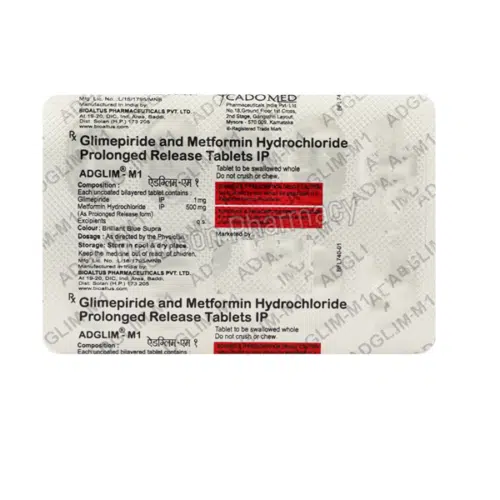



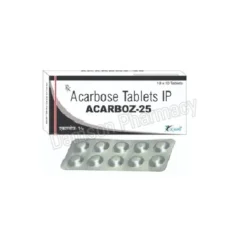
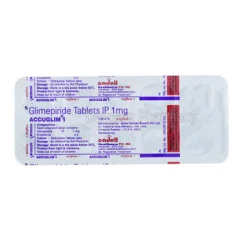


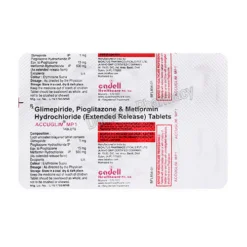


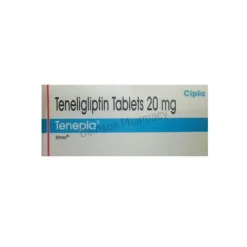
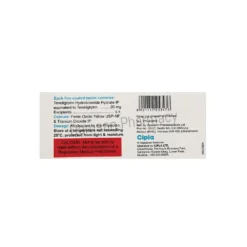
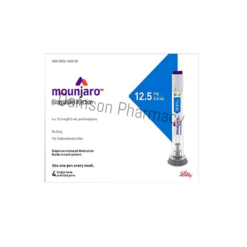
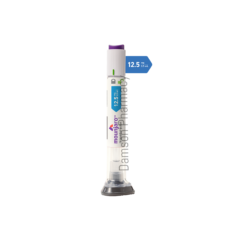
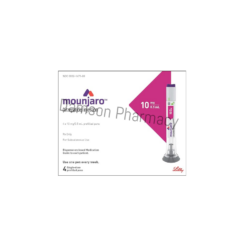
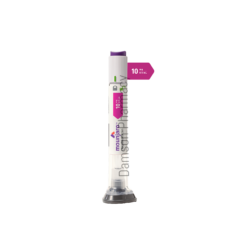
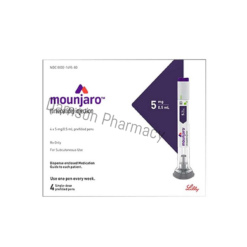
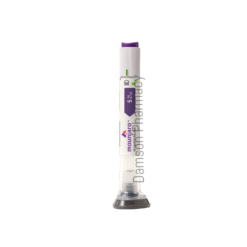
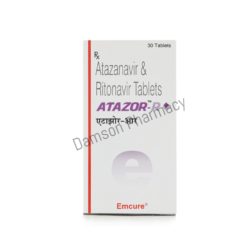
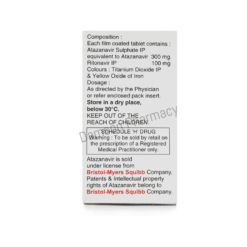
Reviews
There are no reviews yet.